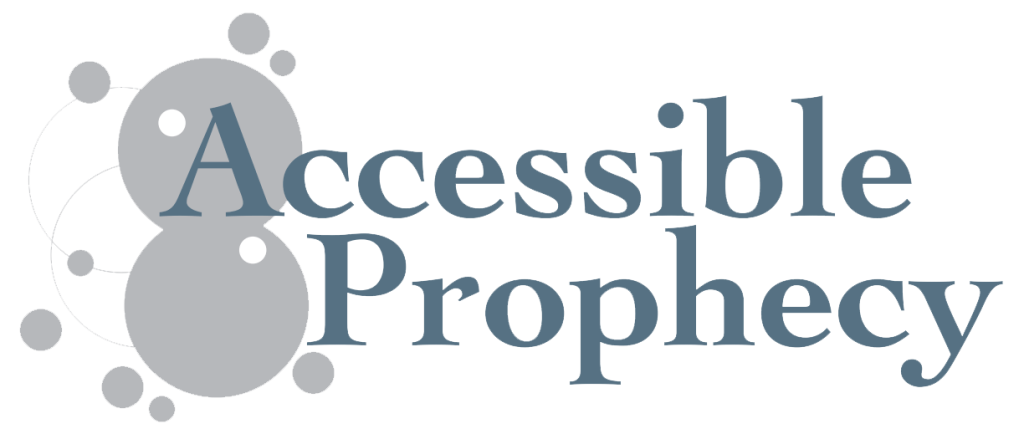Here at Accessible Prophecy we love our coaching huddles! This month I’m training up six new coaches who will soon be starting their own prophetic huddles: the multiplication process that this training represents is a core value for us and a great way to grow healthy prophetic culture in many different contexts.
As many of you know from first hand experience, at the heart of the huddle you find two questions:
What is God saying to you?
What are you going to do about it?
These two questions illuminate the fundamental process of discipleship that Jesus presents to us time and again in the gospels, and that he uses at the end of the Sermon on the Mount:
“Therefore everyone who hears these words of mine and puts them into practice is like a wise man who built his house on the rock.”
Discipleship is at the very heart of our faith. The call on our lives is not simply to believe in Jesus but to actively follow him as disciples. To be a disciple of Jesus is to be constantly looking to Jesus to hear what he wants us to do, and then living it out. Disciples intentionally choose to listen and obey.
Discipleship is intrinsically linked to the prophetic. To follow Jesus faithfully requires a sensitivity to his voice: that ability to discern what he is saying to us in the midst of many other clamouring voices fighting for our attention. So if we want to grow a discipleship culture one of the first things we have to do is teach the people of God how to hear him, both in the written Word of scripture and through the ‘now’ words of the Spirit.
But if it’s true that we need the prophetic in order for discipleship to happen, then we absolutely need discipleship for the prophetic to flourish. A mature prophetic culture is one that is thoroughly rooted in discipleship. Without an emphasis on discipleship the prophetic is highly vulnerable to all sorts of pitfalls and hazards, such as lack of accountability, isolation and judgmentalism.
I’m thankful that here in my church in Sheffield we’ve been able to develop a prophetic culture in the midst of a strong culture of discipleship. And this has been so beneficial. It’s meant that the prophetic is rooted in accountability, and done so much to ensure there is a healthy emphasis not just on “What has God said?” but also on “What are we going to do about it?”. It’s meant that even the most gifted prophets see themselves as disciples first, and has helped develop a culture where the prophetic is normalised: we can all learn to hear God’s voice.
A discipling culture brings with it a necessary emphasis on community – we can’t do discipleship in isolation! – and this is vital for a healthy prophetic culture. The New Covenant model of prophetic ministry is very much rooted in community, and we need to create environments where prophetic expression is embedded in strong accountable relationships.
As we seek to grow a discipleship culture in which the prophetic can flourish it’s very important that we don’t confuse the ability to hear God clearly with spiritual maturity. It’s all too easy to look at an anointed prophet who is getting accurate revelation and therefore assume that he or she is a mature disciple of Jesus. Anointing is not an indication of character. Putting the emphasis on discipleship above gifting helps us to embrace wholeness and maturity. It also helps to avoid any kind of spiritual hierarchy.
It’s worth noting that some leaders are reluctant to actively disciple people who are more prophetically gifted than them. The insecure leader is going to ask, “How can I lead this highly anointed prophet who hears God better than I do?” But this is not fully understanding the process of discipleship. Discipling others is not about hearing better; it’s about holding people accountable to what God is saying to them. It’s about calling people to fruitfulness and engagement with God’s Kingdom. It’s about allowing others to imitate us as we pursue relationship with Jesus.
So let’s celebrate discipleship! We can’t grow a healthy prophetic culture without it.

